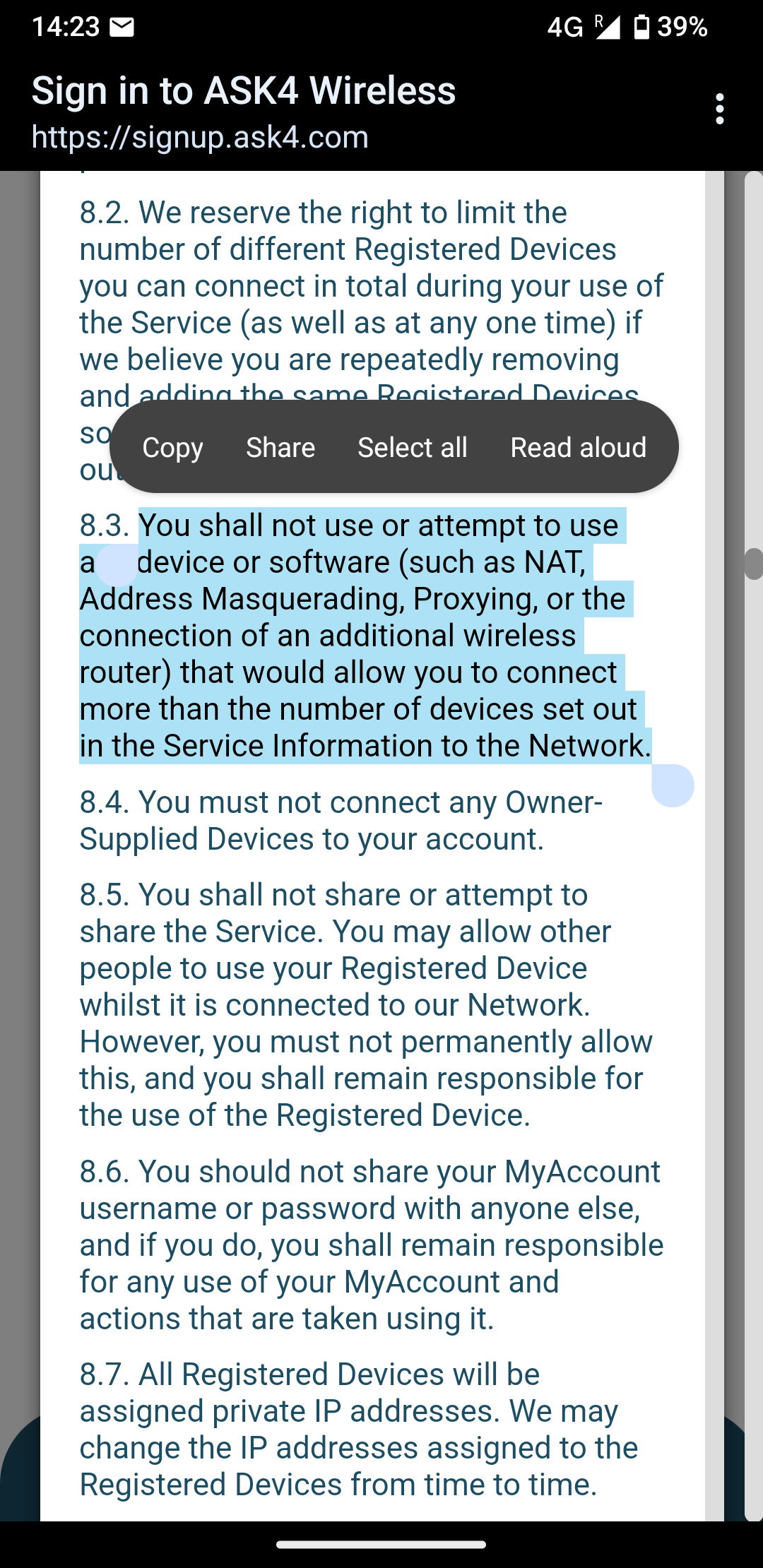this post was submitted on 07 Sep 2024
472 points (92.6% liked)
Technology
59598 readers
3833 users here now
This is a most excellent place for technology news and articles.
Our Rules
- Follow the lemmy.world rules.
- Only tech related content.
- Be excellent to each another!
- Mod approved content bots can post up to 10 articles per day.
- Threads asking for personal tech support may be deleted.
- Politics threads may be removed.
- No memes allowed as posts, OK to post as comments.
- Only approved bots from the list below, to ask if your bot can be added please contact us.
- Check for duplicates before posting, duplicates may be removed
Approved Bots
founded 1 year ago
MODERATORS
you are viewing a single comment's thread
view the rest of the comments
view the rest of the comments

One option could be to get one of those 5G modems. It would require you to pay for your own Internet service, but many will then provide an Ethernet connection as an option, meaning you would never have to accept the legal terms presented to you. You could even use Wi-Fi because technically you never agreed to the terms, and practically speaking so many devices generate Wi-Fi networks I think it would be hard to enforce that you don’t produce any networks. Printers, smart watches, IP cameras… Are they really going to wardrive and triangulate the position of wireless devices on a regular basis? A sneaky network named after a printer or hidden SSID combined with ignorance for a TOS you never agreed to would probably slip through the cracks.
They don’t own the spectrum. I’m not sure it’s even legal to mandate that you can’t use Wi-Fi devices as long as you’re not using their network. When I was in university, there were still tons of such devices emitting signals that weren’t connected to the university network despite policy.